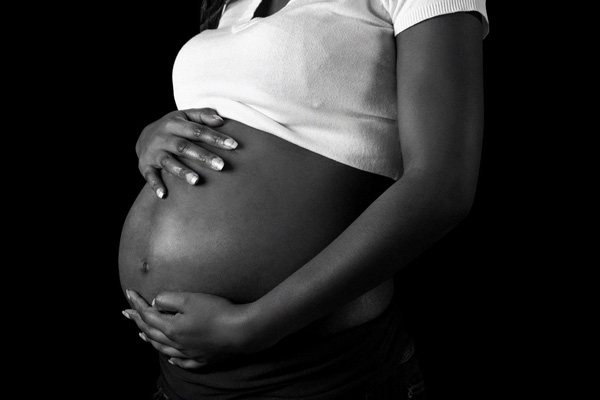The Centre for Human Rights with support from the Solidarity for African Women's Rights Network recently constituted a working group of experts, drawn from various organizations dealing with HIV/AIDS and related matters, at the University of Pretoria.
The Constitution of this group was geared towards the development of guidelines on state obligations relating to women's health and reproductive rights and HIV (Article 14 (1) (d) and (e) of the Protocol to the African Charter on Human and Peoples Rights on the Rights of Women in Africa).
This was driven out of the realisation that despite several years after the adoption and ratification of the protocol, the level of implementation at the domestic level remains disappointing. The constitution of this group therefore responds to the need for the African Commission to urge state action geared towards the promotion of women's bodily integrity and dignity through the adoption of guidelines on provisions of the Protocol under which the required obligations of state parties are not currently clear enough.
The aim of this group is to strengthen the jurisprudence of the African Charter with respect to the Women's Rights Protocol through the adoption of a general comment on women's health (sexual and reproductive) and HIV, specifically in relation to article 14 (1) (d) and (e) of the Protocol. This project also aims to support the mandate of the Special Rapporteur on the Rights of Women in Africa in the promotion and implementation of the treaty with specific reference to the article mentioned above. Finally it is hoped that state parties to the Protocol shall be urged to implement it by clarifying their specific obligations therein especially under the article above.
The meeting was informative and productive and highlighted the importance of illuminating on what the right to sexual and reproductive health entails in the context of the protocol. Included in the discussion was the meaning and content of the right to self protection and the right to be protected from sexually transmitted diseases including HIV. Discussed further, was the international standards and best practices concerning testing and disclosure, as well as possible state obligations arising under the article. Although strides were achieved in the development of a draft document from which to proceed, it was realised that there is more to be done if the document is to be put forward for consideration at the next committee meeting. In this regard contributions are still welcome as it pertains to the articles above to ensure a comprehensive and duly informed document.


